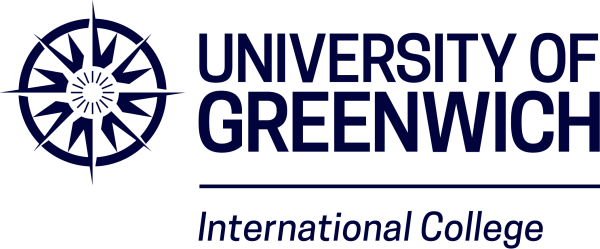At the postgraduate level, the pre-master’s provides either one term (10 weeks) or two terms (20 weeks) of preparation for entry into a 1-year master’s degree in computing.
This course will allow you to attain a range of computing and information systems discipline-specific skills and experience, enabling
you to succeed on the level 7 stage of the programme.
Studying a master’s in computing at the University of Greenwich can help you advance your career as a business analyst, web designer or systems developer and a range of other disciplines. In addition, the University of Greenwich has a long-standing relationship with the British Computer Society (BCS), which accredits its computing degree programmes.
To join this course you will need to have successfully a bachelor’s degree or equivalent and meet the English language requirements. We offer Pre-sessional English which is a 6 or 12-week extension course for those who may not yet meet the required English language standards for direct entry to our pathways.
Direct Entry One-term – IELTS 6.0 (with no skill below 5.5)
Direct Entry Two-term – IELTS 5.5 (with no skill below 5.5)
Pre-sessional English 6-weeks – IELTS 5.0 (with no skill below 4.5)
Pre-sessional English 12-weeks – IELTS 4.5 (with no skill below 4.0)




